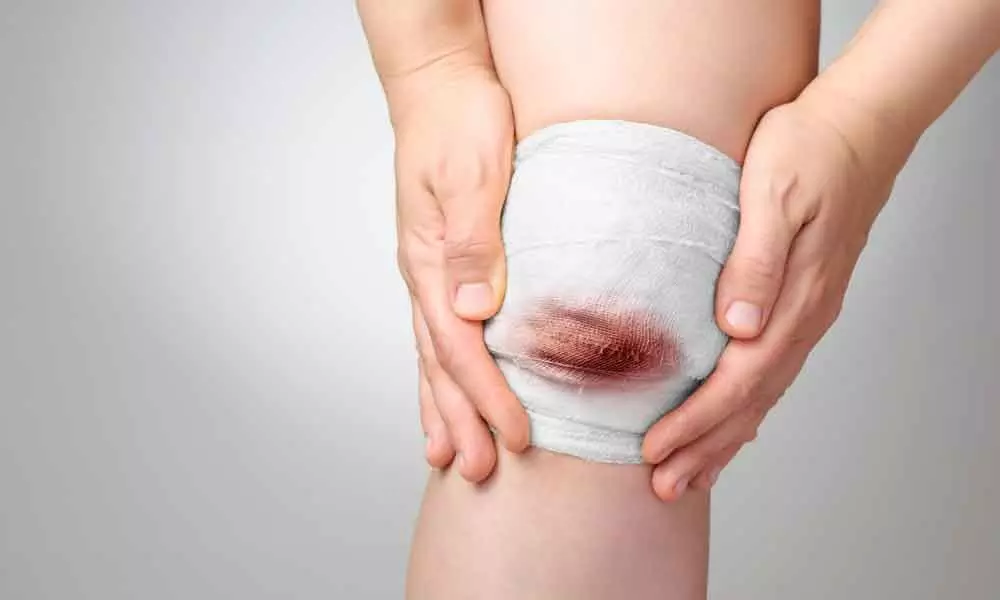New hydrogel to prevent infections in wounds developed

Researchers have developed a new hydrogel based on the body's natural peptide defence as it has been shown to prevent and treat infections in wounds.
London: Researchers have developed a new hydrogel based on the body's natural peptide defence as it has been shown to prevent and treat infections in wounds.
The formulation kills multi-resistant bacteria, something that is increasing in importance with antibiotic resistance growing globally, said the study, published in the journal Science Translational Medicine.
"The ability to effectively heal wounds is key for our survival in evolutionary terms. There are peptides in wounds that defend against bacteria and prevent their toxins from causing inflammation," said study researcher Artur Schmidtchen, Professor at Lund University in Sweden.
"The gel is based on these natural defence mechanisms and has had a dual effect - by both preventing as well as treating wound infections," Schmidtchen added. According to the researchers, antibiotics and antiseptics kill the bacteria but do not affect the subsequent harmful inflammatory process.
"Another problem is that the active substances in today's antiseptic wound treatment often are toxic and harmful to the environment. We have not seen this with our active substance, and it also kills multi-resistant bacteria," Schmidtchen said.
The wound gel is not only antibacterial, it also has an immunosuppressive effect. The researchers have previously shown that the peptides in the gel can inactivate so-called lipopolysaccharides (LPS), that are found in cell walls of bacteria, and that trigger an inflammatory reaction.
The reaction is an essential part of our immune system as we quickly respond to and fight bacteria.
"However, severe and uncontrolled inflammation inhibits wound healing, and it is very interesting to see that the gel lowers the inflammatory response within 24 hours of the treatment, and then further reduces the bacterial levels over a period of three to four days," Schmidtchen added. We have designed a whole new type of treatment that uses nature's own principles by not only killing bacteria but also acting as an immune-modulatoring", said Indian-origin researcher and study co-author Manoj Puthia.

















